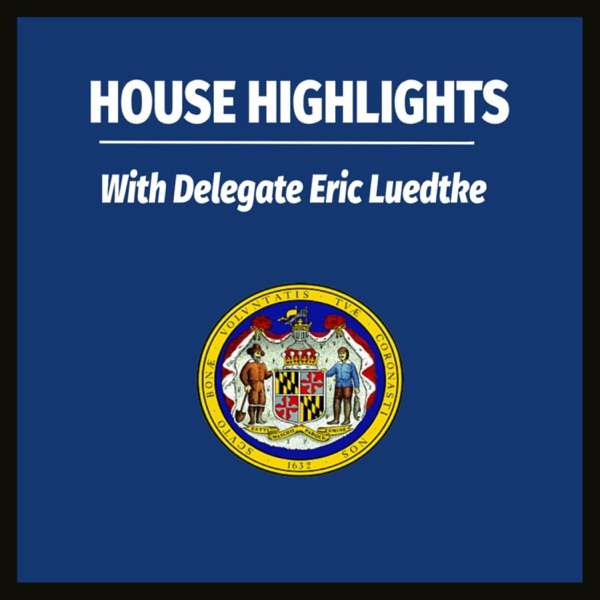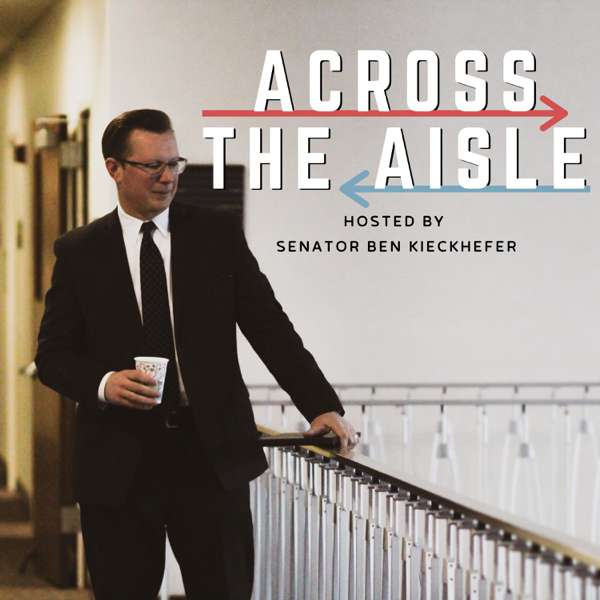Brandon Stoddard was one of the most accomplished executives in broadcast television history. In his career at ABC, he helped bring to the small screen such legendary mini-series as “Roots” and “The Winds of War,” as well as the acclaimed television series “Moonlighting” and “Roseanne.” But arguably his most consequential and controversial decision was to air the made-for-TV movie “The Day After,” which graphically depicted the effects of a nuclear war between the United States and the Soviet Union.
Stoddard faced opposition from his colleagues, pundits, and even the Reagan White House, which pressured ABC to pull the film. But having conceived of the project as an impetus for people around the world to grapple with the potential of a devastating war, Stoddard forged ahead and broadcast the film in November 1983.
It was an epochal event in U.S. history. One hundred million people tuned in to watch, and the movie became the most-watched in television history. It was a national moment of the kind Americans rarely share today.
Journalist A. B. Stoddard, Brandon’s daughter, spoke with Shane Harris about her dad’s determination to air the film and what he hoped to achieve. Stoddard is well known for her political commentary and work at The Bulwark. But today, she shares personal memories of her father, his illustrious career, and the legacy of his work. In November of last year, to commemorate the 40th anniversary of “The Day After,” she wrote a column, “The Day My Father Scared America.”
Among the works mentioned in this episode:
A.B. Stoddard’s column on her dad
https://plus.thebulwark.com/p/brandon-stoddard-the-day-after
Shane’s previous conversation with Nicholas Meyer, who directed “The Day After”
https://podcasts.apple.com/us/podcast/the-day-after-with-nicholas-meyer/id1593674288?i=1000558946928
A.B. Stoddard’s columns for The Bulwark
https://substack.com/@abstoddard
The catalog of Brandon Stoddard’s work
https://www.imdb.com/name/nm0830992/
Brandon Stoddard’s induction in the Television Academy Hall of Fame
https://www.emmys.com/bios/brandon-stoddard
“The Day After” (on YouTube)
https://www.youtube.com/watch?v=utGRP9Zy1lg
Chatter is a production of Lawfare and Goat Rodeo. This episode was produced and edited by Jay Venables of Goat Rodeo. Podcast theme by David Priess, featuring music created using Groovepad.
Support this show http://supporter.acast.com/lawfare.
Hosted on Acast. See acast.com/privacy for more information.

 Our TOPPODCAST Picks
Our TOPPODCAST Picks  Stay Connected
Stay Connected







